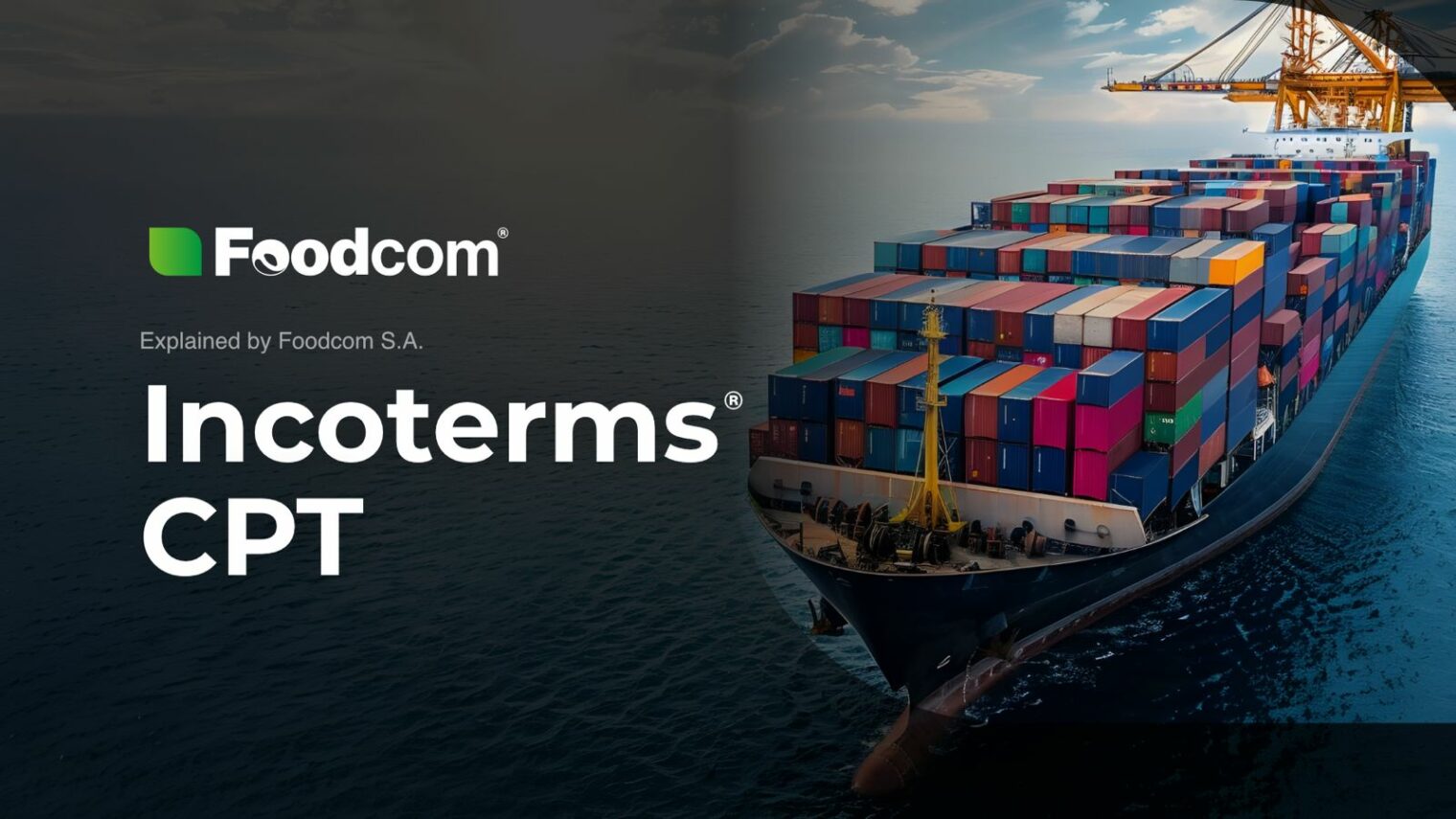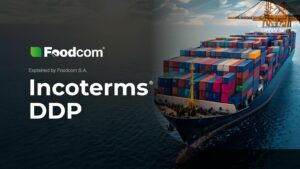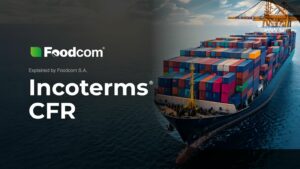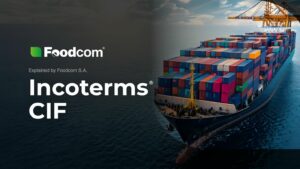- Incoterms rules are international standards that define the rights and obligations of buyers and sellers in international trade of goods.
- CPT stands for “Carriage Paid To,” which means that carriage is paid to a specific destination.
- According to this rule, the seller has a contract of carriage with the carrier and pays the freight to the agreed location.
Incoterms rules are a key element of international trade law. The CPT rule is one of the most widely used and is used by both small, local businesses and large, global companies. Although this Incoterm offers great benefits to both parties, it is important to know the specifics of the rule. If you want to learn more about the CPT rules, be sure to read on!
What are the Incoterms rules?
Incoterms rules are international standards that define the rights and obligations of buyers and sellers in international trade of goods. They were developed by the International Chamber of Commerce. They facilitate and improve international trade by standardizing and clearly defining the terms of transactions. They are divided into four categories – C, D, E, F.
CPT Incoterms: what is it?
CPT stands for ‘Carriage Paid To’. Under this rule, the seller has a transportation contract with the carrier and pays the freight charges to the specified destination. At the same time, the seller bears the risk of loss of the goods until they are delivered. As soon as the goods are handed over to the carrier, the freight risk is transferred to the buyer.
Incoterms of CPT delivery
Generally, according to Incoterm CPT, the seller bears the cost of transportation to the agreed place, and the buyer bears the risk when the goods are shipped.
Sharing of costs
The seller bears the costs:
- necessary for the delivery of the goods, such as the costs of quality control, measuring, weighing and counting,
- packaging of the goods (unless the transport is possible without packaging),
- related to the conclusion of the transport contract,
- fees for export clearance formalities.
The buyer pays for:
- transit, unless its costs were borne by the seller according to the contract,
- everything related to the goods from the moment of their delivery,
- customs duties, taxes and other costs related to transit or freight clearance,
- assistance in obtaining documents and information,
- all costs incurred by the seller if the buyer did not inform him about the time and place of delivery.
Division of duties
The duties of the seller are: to deliver the goods by handing them over to the carrier at the place and time specified, to provide the commercial contract and other documents required by the contract, to provide the transport document, to sign the contract for the transport of the goods, to comply with the safety requirements for the transport of the goods to the place of destination, complete the export clearance formalities and bear the costs thereof, mark the goods in a manner suitable for transportation, inform the buyer that the goods have been delivered in accordance with the contract, provide the buyer with all documents and information necessary for the receipt of the goods.
The duties for which the buyer is responsible are: payment of the full price of the goods, acceptance of the goods, approval of the transport document, assisting the seller (at the seller’s request, risk and expense) in obtaining all documents and information relating to customs clearance for export of the goods, completion and payment by the transit country and the importing country (in some cases) of all necessary formalities, informing the seller of the agreed date and place of delivery of the goods (if such an obligation exists for the importer).
Time of transfer of risk
Upon delivery of the goods to the carrier, the buyer assumes responsibility for all risks associated with the goods. In addition, if the buyer does not inform the carrier of the time and place of delivery, the buyer assumes all risks (including costs) associated with the goods.
Forms of transportation
Incoterm CPT is applicable to all forms of transportation. It is also possible to use more than one mode of transportation.
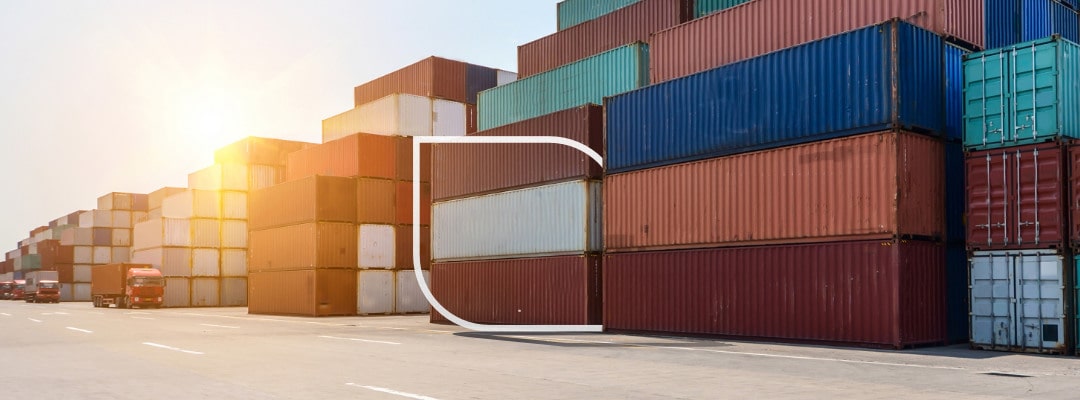
What to consider when choosing Incoterm CPT?
If you choose Incoterm CPT, the time and place of delivery as well as the destination of the goods must be specified precisely. A vague contract can lead to misunderstandings about the delivery location and transportation costs. It is also important to remember that the seller is responsible for the goods only until they are handed over to the carrier, after which the risk is transferred to the importer.
After that, the risk passes to the importer. In addition, the buyer does not have to sign a contract of sale, and both parties do not have to sign an insurance contract. However, upon request, the exporter must provide the buyer with the information necessary for the conclusion of an insurance policy.
CPT vs. other rules
A rule similar to Incoterm CPT is CIP. It too applies to all modes of transportation and the seller’s obligations are similar. CIP differs from CPT in that CIP requires the seller to obtain an insurance contract and pay the associated fees.
CPT can also be compared with FCA – they apply to all types of transportation and have the same moment of risk transfer. But under CPT the main transportation is assumed by the seller, while under FCA the buyer is responsible for the cost and risk of transportation.
Trade with Foodcom S.A.
Incoterms rules may seem complicated at first sight, but cooperation with Foodcom S.A. will significantly simplify the whole trading process. Our sales team will select the best method of transportation in consultation with the experienced specialists of our logistics department. Cooperation with our sales support department guarantees that the transaction will take place in optimal conditions and that the expectations of Business Partners will be met. At Foodcom S.A. we are able to comprehensively implement even the most demanding transactions, and the entire process runs smoothly and according to plan.
